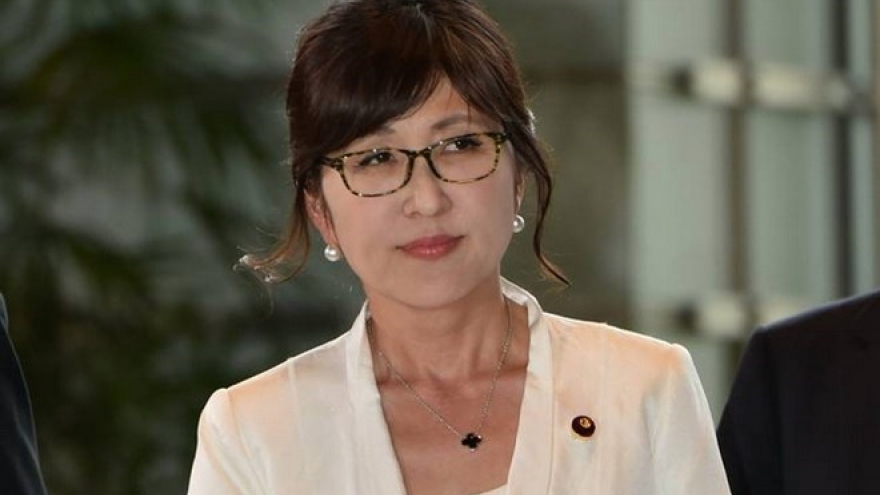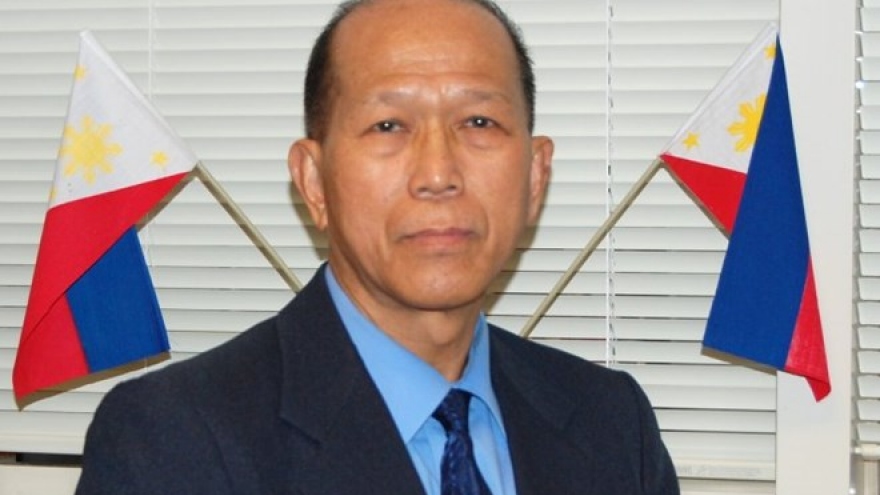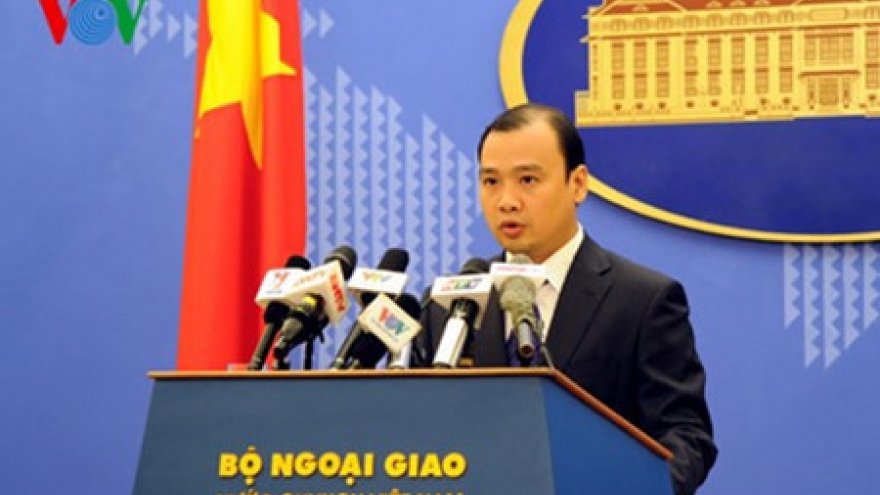East Sea takes centre stage at Canberra workshop
The East Sea once again took the theme of an international workshop that was held at the Australian Defence Force Academy in Canberra where experts looked into a number of issues regarding this important sea.
 |
| Chinese vessels conduct reclamation on Vanh Khan (Mischief) Reef of Vietnam's Truong Sa archipelago |
Experts discussed prospects of strategies and geo-economics in the India-Pacific region amidst the growing East Sea tensions, economic and security difficulties related to the East Sea issue that face Southeast Asia, the US-China relations with regard to the East Sea issue, international law and The Hague tribunal’s ruling, challenges and measures to minimise conflicts or solve disputes.
Some participants pointed out the challenges and dilemma that the East Sea disputes have caused for the parties concerned such as in terms of territory, the right to access to natural resources, environmental degradation, and challenges to trade, assistance and investment. They also expressed their viewpoints on ASEAN’s role and contribution in the issue settlement.
Regarding The Hague tribunal’s ruling on the Philippines’ lawsuit against China’s unfounded territorial claims, the workshop also discussed strong points and weaknesses of international law in terms of the East Sea issue.
Experts also mulled over policies and approaches that claimant parties can apply, the role and unity of ASEAN, and how world powers like India, the US and Japan can help to ease tensions and maintain peace and stability in this region.
At the workshop, Professor Carlyle A. Thayer at the Australian Defence Force Academy delivered a speech on the East Sea situation following The Hague tribunal’s verdict and reactions of the relevant parties and ASEAN. He emphasised the role and things ASEAN could do to help reduce tensions in the East Sea.
He told the Vietnam News Agency that irrespective of China’s reactions to the ruling, other maritime powers like the US, Japan, Australia, the UK, France, and the EU recognised that verdict as part of international law.



